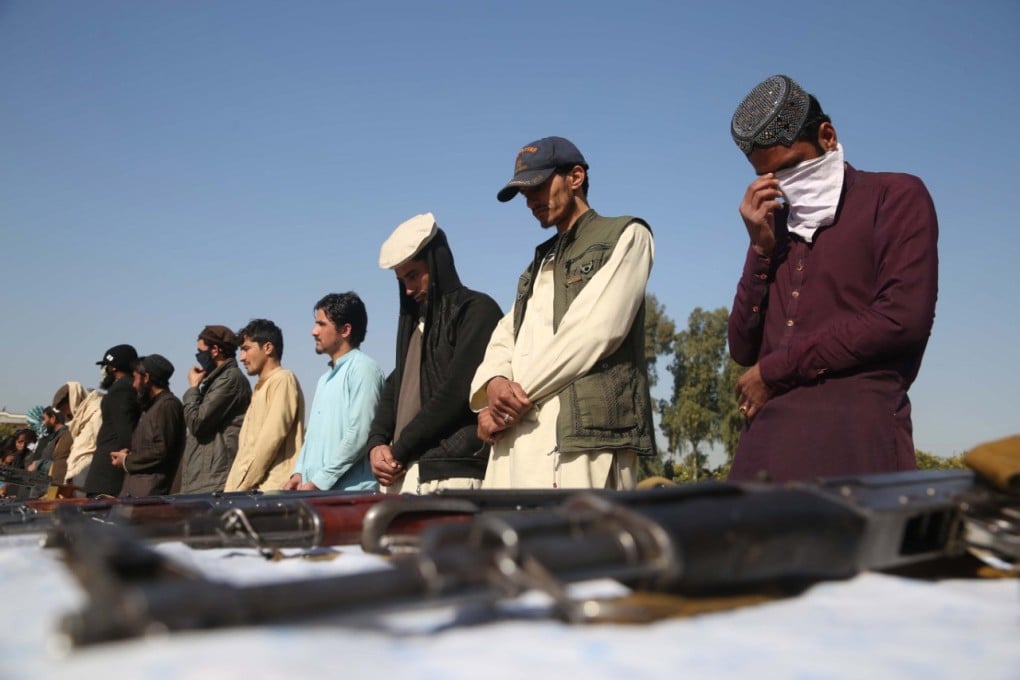Advertisement
What China has to fear from a US-Taliban peace deal in Afghanistan
- A withdrawal of US troops could pave the way for a return of Uygur militants and reignite violence in Xinjiang
- But trying to fill American boots would aggravate Beijing’s rivalry with the US and Washington’s resistance to the Belt and Road Initiative
Reading Time:6 minutes
Why you can trust SCMP

After more than 18 years of war, the Taliban has agreed to a week-long nationwide reduction of violence, setting the stage for the signing of a peace deal by the end of this month that would see all US military forces depart Afghanistan in 18 months’ time.
Advertisement
The pause in Taliban attacks will also pave the way for negotiations with a government-appointed delegation of mainstream politicians over the country’s future.
But China, which used its influence with close ally Pakistan to facilitate Taliban participation in negotiations with the US, has no plans to fill the political space on its southwest flank that will be vacated by departing foreign troops, according to analysts focused on the region.

Any attempt to fill American boots in Afghanistan would aggravate tensions over Washington’s resistance against the Belt and Road Initiative (BRI) in South and Central Asia, they said.
Advertisement
Meeting with foreign ministers of the five Central Asian states in Tashkent earlier this month, US Secretary of State Mike Pompeo highlighted Chinese human rights abuses against the Muslim-majority indigenous population of Xinjiang province.
“Although the US and China have worked together closely on Afghanistan, and their interests remain aligned on some important issues, even here it’s becoming harder to avoid a spillover from their broader rivalry,” Andrew Small, a senior fellow at the German Marshall Fund in Washington, told This Week In Asia.

Advertisement